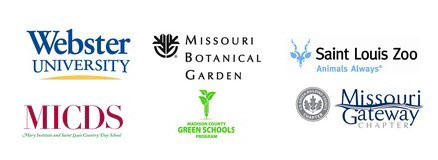Educators from around the St. Louis region came together June 14 and 15 online in the first ever virtual Sustainability Institute for Educators. During this two-day digital convening, educators explored the connections between health, people, animals, and our shared planet. This summer, over 40 educators attended the Sustainability Institute.
The Institute is held annually with the goal of helping educators build better understanding of how-to bring sustainability to their classrooms through meaningful curriculum, topics, projects, and activities. This year’s Institute, like every year, challenged educators to learn how to engage students to build awareness, recognize responsibility, and take action as global citizens working to shape a more sustainable world for all.
The 2021 Institute focused on the One Health framework, the idea that heath of people is directly connected to the health of animals and our shared environment. With this concept, when actions benefit one, all therefore benefit. Recent events illuminated the need to find solutions to the public health, environmental, and conservation challenges of the 21st century while acknowledging the interconnected nature of these areas. One Health is a tool that brings these links to the forefront of our minds and in our classroom.
To open the Institute, Dr. Sharon Deem, Director of the Institute for Conservation Medicine at the St. Louis Zoo delivered a powerful keynote address that welcomed and introduced educators to the One Health framework. Throughout her address, Dr. Deem helped demonstrate the importance of the natural world for human health. In sharing her experiences of researching box turtles, Dr. Deem provided educators with real-world examples of the One Health approach and created ties to how this framework could be integrated into classroom learning.
The second day of the Institute opened with a series of "unconference" style breakout sessions in which educators were able to share their own experiences and examples related to sustainability education. During these sessions, educators were able to problem-solve and discuss challenges of the past year, explore interdisciplinary approaches to using obstacles as learning opportunities, and sowing seeds connecting urban gardening and health.
These sessions were followed by Dr. Kelly Lane-deGraaf, Associate Professor and Director, Center for One Health at Fontbonne University, who led an open discussion about environmental racism in St. Louis and the connections to One Health and shared examples from her research to provide understanding into how social justice intersects with One Health. Leah Clyburn, of the Missouri Sierra Club’s Beyond Coal campaign then led a breakout session further exploring urban and rural environmental justice connections.
With a focus on hope, the closing plenary session encouraged educators to learn from nature. Rosanna Ayers, Director of Youth Educator for the Biomimicry Institute, led an interactive workshop introducing educators to the wonders of nature and biomimicry. Biomimicry is a practice that learns from and mimics the strategies found in nature to solve human design challenges. Ayers demonstrated how using biomimicry as a teaching tool to create a shared experience helps lay the foundation to engage students in authentic sustainability education while bridging the gap between science content and interdisciplinary approaches.
Special thanks to all of our Sustainability Institute for Educators Speakers:
- Laura Ashman, The Institute for School Partnerships
- Rosanna Ayers, Biomimicry Institute
- Emilia Belciak, Jefferson School
- Dr. Maris Breen-White, Institute for Conservation Medicine, St. Louis Zoo
- Leah Clyburn, Missouri Sierra Club
- Anne Cummings, Brittany Woods Middle School
- Laura Davenport, Pershing Elementary
- Dr. Sharon Deem, Institute for Conservation Medicine, St. Louis Zoo
- Amanda Drilling, Webster University / Ritenour School District
- Carol Glenn, Jefferson School
- Katherine Golden, Missouri Botanical Garden
- Erin Graves, Herculaneum High School
- Ashley Heede, Webster University / Ritenour School District
- Sheila Anglin Jordan, Webster University
- Amanda Kowalczyk, Ritenour School District
- Dr. Kelly Lane-deGraaf, One Health Center, Fontbonne University
- Maggie McCoy, Missouri Botanical Garden
- Lesli Moylan, Missouri Environmental Education Association
- Margot Schultz, Webster University/ Ritenour School District
- Jenny Wendt, Mississippi River Cities Town Initiative
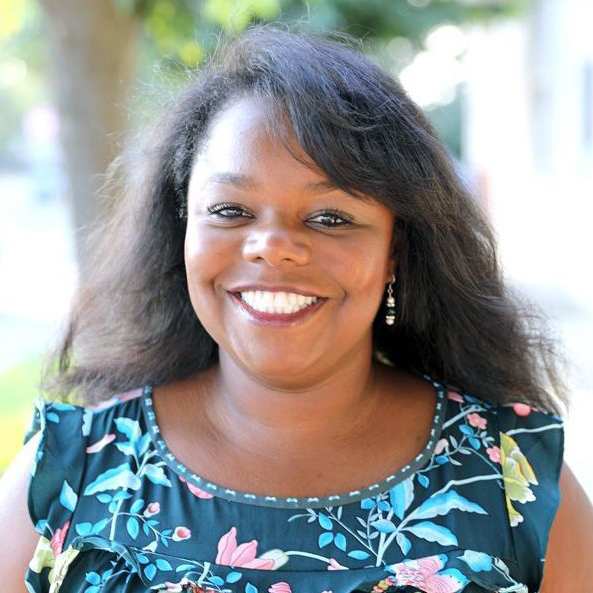
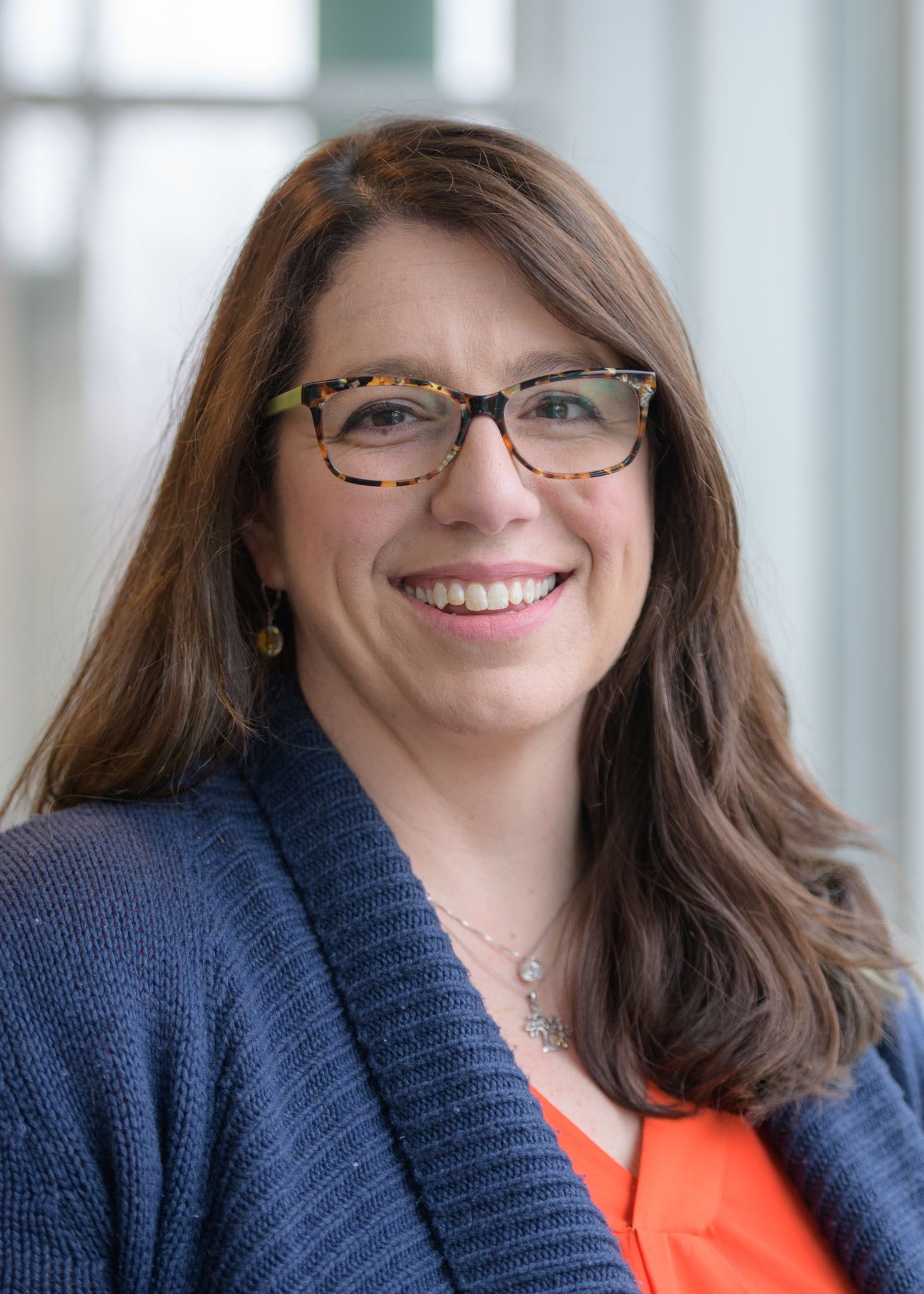
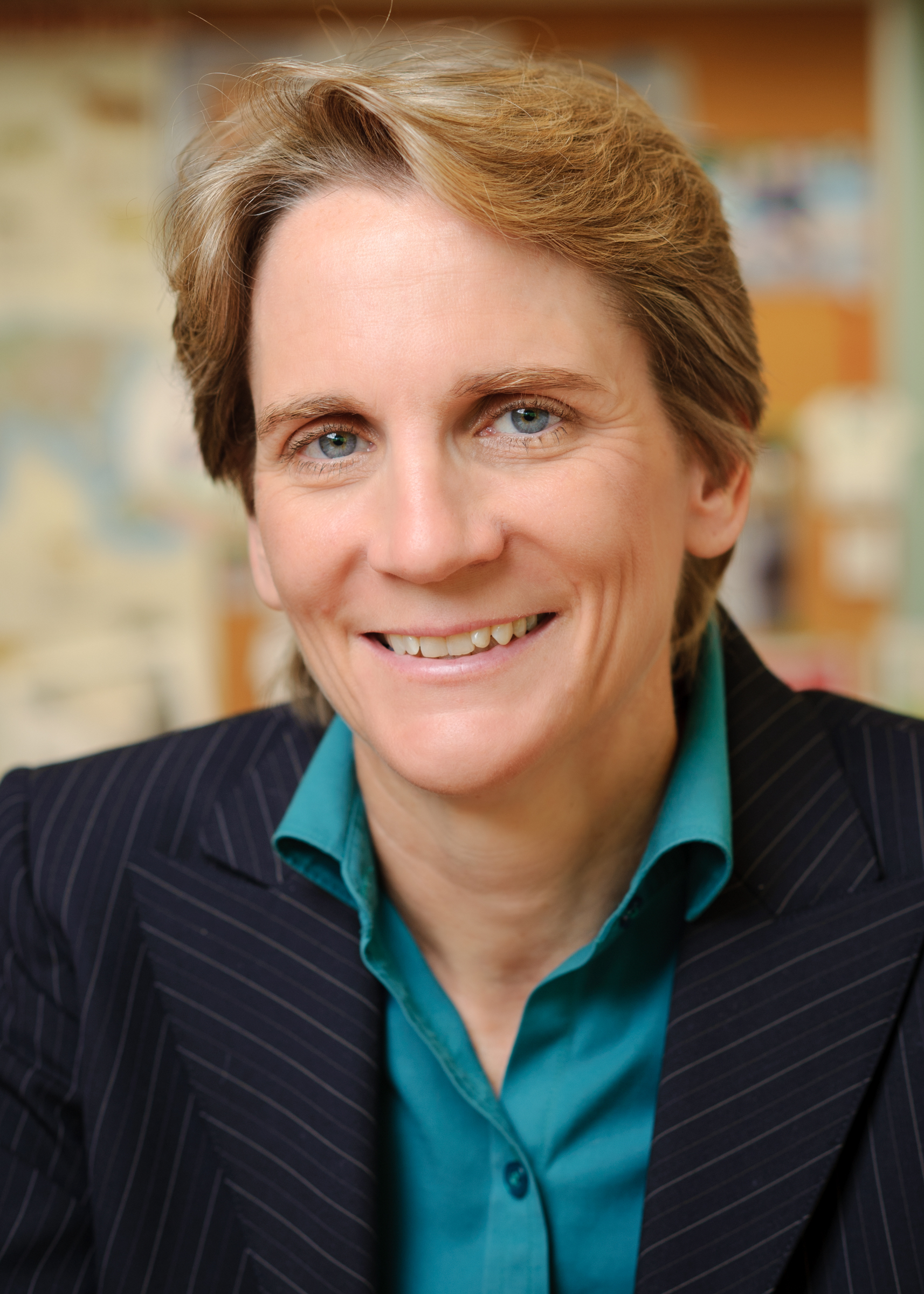
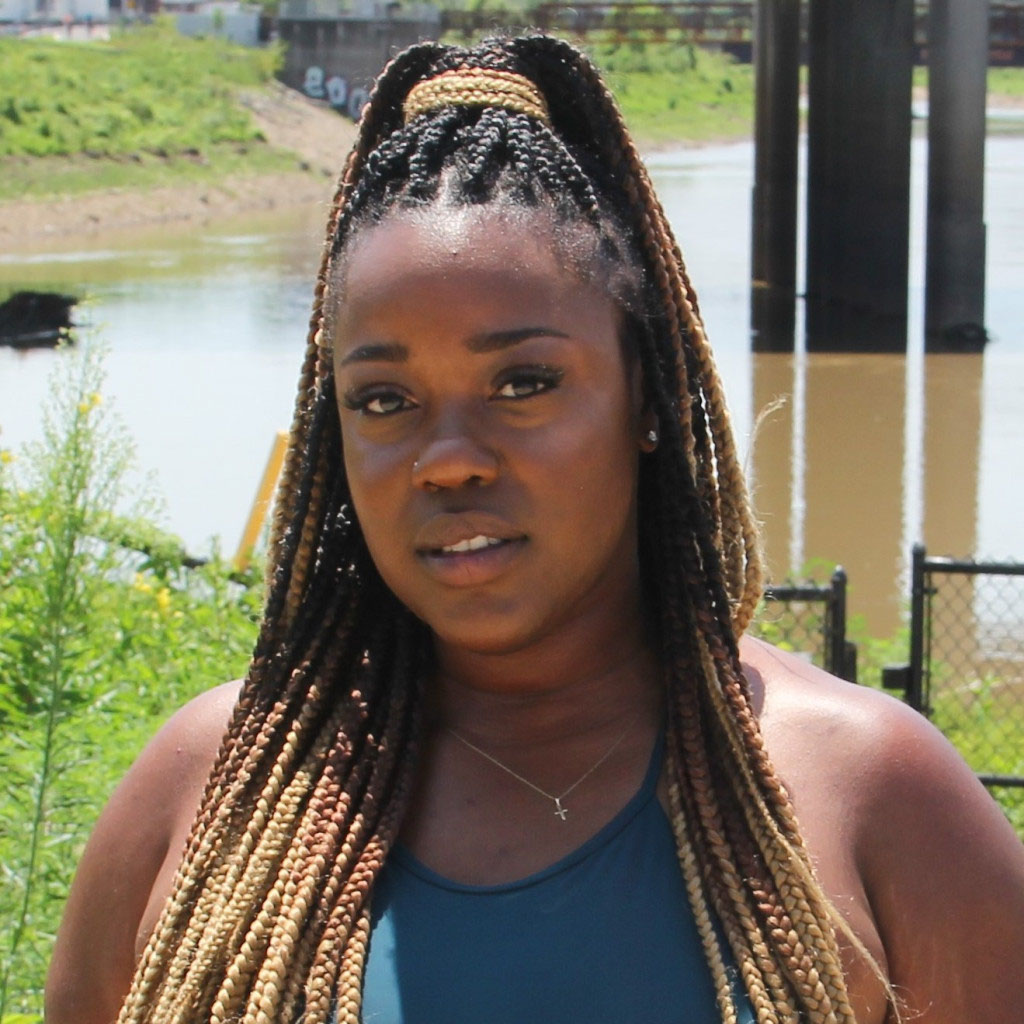
(Pictured above from top left to bottom right: Rosanna Ayers, Dr. Kelly Lane-deGraaf, Dr. Sharon Deem, and Leah Clyburn)
The Sustainability Institute for Educators is coordinated by: Madison County Green Schools, Mary Institute and Country Day Schools, Missouri Environmental Education Association, Missouri Botanical Garden, U.S. Green Building Council-Missouri Gateway Chapter, Saint Louis Zoo, and Webster University.
To learn more about upcoming Institutes visit webster.edu/sie.
